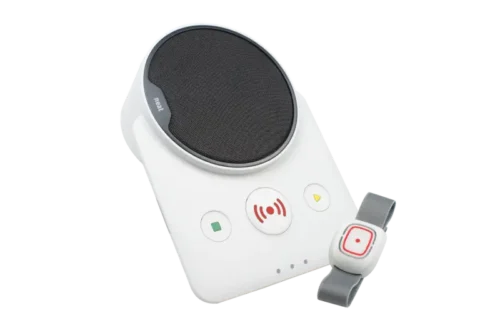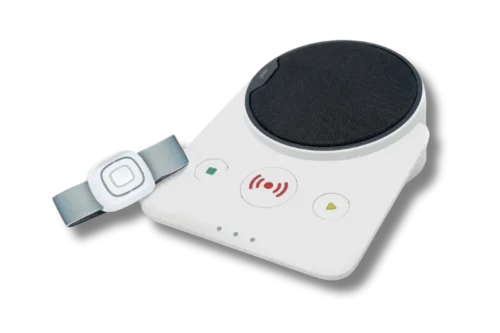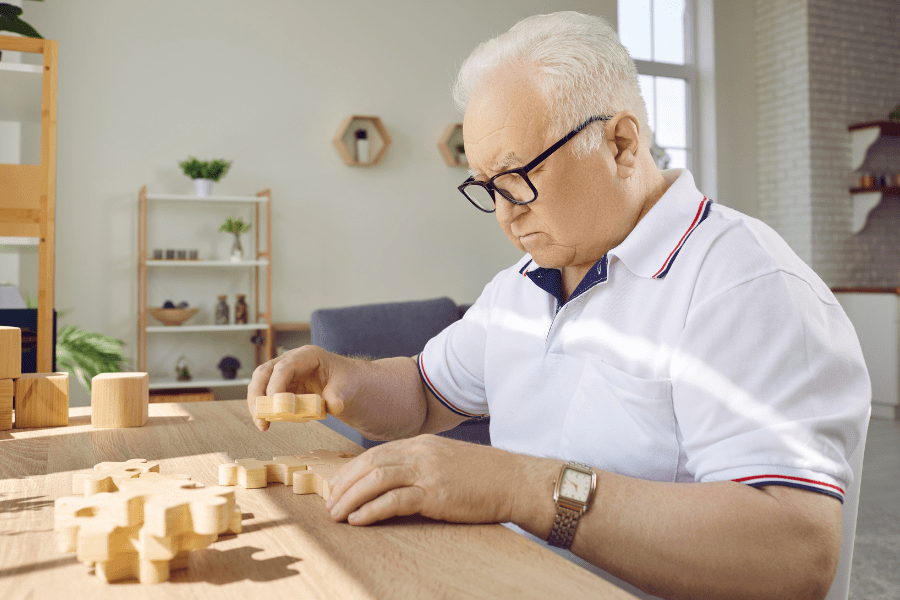Many charities, such as the Alzheimer’s Society, raise awareness about dementia. We hear a lot about the importance of mental agility and keeping our brains active and functioning to prevent the onset of dementia. But it seems physical activity is just as important.
There are currently 900,000 people in the UK with dementia. There are currently no known treatments for most of these dementias. Once the disease has set in, drugs have been ineffective. Research into the underlying cause is painfully slow.
That’s why it is such good news that recent research has shown that sustained and regular exercise, which increases stamina and endurance can halt the progression of cognitive decline in most people.
Exercise Can Help Prevent Dementia
Over the millenia, humans have evolved to be able to perform sustained endurance activities. This increased aerobic capacity has a positive effect on the metabolism and physiological function of the brain. A protein known as brain-derived neurotrophic factor (BDNF) is known to be important in the development, survival, and plasticity of nerve cells called neurons and in protecting against the neurodegeneration associated with Alzheimer’s disease and other forms of dementia.
Regular aerobic exercise boosts the level of BDNF 2 to 3 fold, and it is clear that the more frequent the exercise, the longer the effect lasts. In making decisions and coping with stress and anxiety in our daily lives, our brains need to adapt. Since exercise has been shown to enable us to do this perhaps this explains how it can prevent depression, anxiety and other mental disorders.
It is frightening to know that 10 million new cases of dementia are diagnosed worldwide each year. With an aging population, this number is constantly increasing. So why not exercise today and every day? It could save you from one of the fates we all fear most.
Getting Help
A careline alarm can help put your mind at ease. It’s not always possible to be there for a loved one 24/7, but a careline alarm allows people to simply push a button worn around their neck. You can also include sensors such as door-exit sensors if they are prone to wandering. If activated, the alarm opens up a conversation with a trained care operator. The operators have been trained to deal with dementia patients and to provide immediate assistance if necessary.
If you are worried about developing dementia, or if you are worried about a friend or relative, there are many organizations you can turn to. Contact your local government or a company like Telecare24, which provides this service throughout the UK.
You can also get support from Charities such as the:
Alzheimer’s Society
The Alzheimer’s Society has a national helpline at 0333 150 3456, where their trained advisors can offer information, support, and guidance. They also run Dementia Cafes locally, where both caregivers and people with dementia get to meet others in similar circumstances and take part in engaging activities.
DementiaUK
DementiaUK aims to improve the quality of life for everyone affected by dementia. They provide a network of Admiral Nurses who specialize in dementia care as well as psychological support for family carers. You can contact them at 020 8036 5400 or via [email protected]. You can also call the Admiral Nursing Direct Helpline at 0800 888 6678.
Dementia Friends
Dementia Friends is an initiative run by the Alzheimer’s Society that aims to create one million dementia friends who can help people with this condition live better lives.
We hope you found this article helpful. Please visit our blogs for more useful information like the one in this article.





